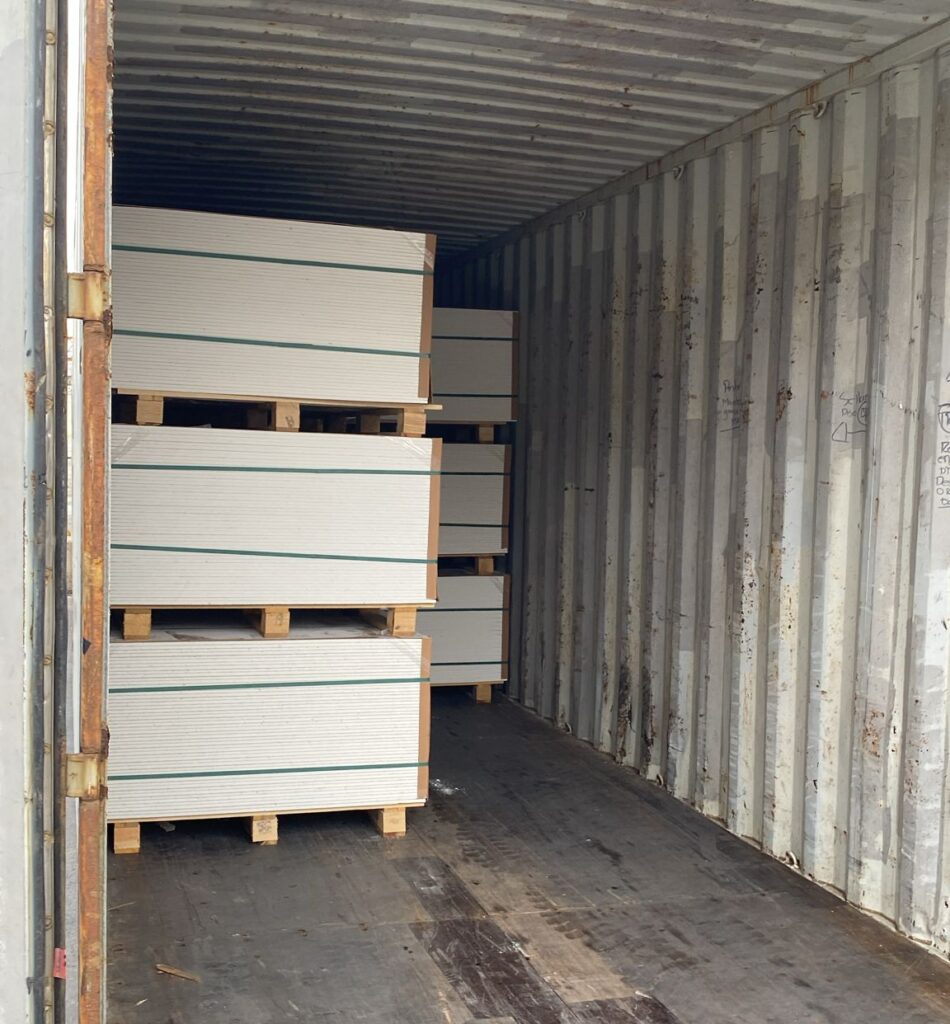
Step into Faster and More Cost-Effective Construction Projects with Drywall
In the fast-paced world of construction, time and cost efficiency are crucial for the success of any project. Whether you are a contractor, architect, or project manager, finding ways to streamline processes and reduce expenses without sacrificing quality is essential. One solution that has revolutionized the construction industry is drywall. In this blog, we will explore how drywall can help you step into faster and more cost-effective construction projects.
Why Choose Drywall for Faster Construction?
One of the main benefits of using drywall in construction projects is the speed of installation. Unlike traditional plastering methods, which can take days to apply and dry, drywall panels can be quickly fixed to studs, creating a finished wall almost immediately. Here’s how drywall can accelerate your project timelines:
Quick Installation
Drywall sheets come in large panels that are easy to cut and fit, reducing the amount of labor required compared to traditional plaster or cement-based wall systems. Skilled drywall installers can finish a room’s walls and ceilings in a fraction of the time it would take to apply plaster, allowing your project to stay on schedule.
Minimal Drying Time
Traditional plaster walls require drying time between coats, which can significantly slow down the process. Drywall, on the other hand, is installed dry and is ready for finishing (such as painting or wallpapering) shortly after installation. This reduced waiting period means that other construction processes can proceed without delay.
Simplified Finishing
Drywall surfaces require only a simple finishing process, such as joint taping and sanding, to create smooth, even surfaces. This step is significantly faster compared to plastering or tiling, saving both time and money.
Cost-Effectiveness of Drywall
In addition to its speed, drywall offers significant cost savings for construction projects. Below are some ways drywall contributes to reducing construction costs:
Affordable Material Costs
Drywall is generally less expensive than traditional plaster or masonry systems. The materials are readily available and cost-effective, making them a popular choice for both residential and commercial projects. With drywall, you can save money on materials while still achieving a high-quality finish.
Lower Labor Costs
Because drywall installation is faster and requires less specialized labor compared to plaster or masonry, labor costs are typically lower. Installers can work more efficiently, completing more rooms in less time, which means reduced overall labor expenses for the project.
Reduced Waste and Clean-Up Costs
Since drywall sheets are easy to cut and handle, there is minimal waste generated during installation. Additionally, cleanup is straightforward compared to other wall systems, further reducing project overheads.
Drywall’s Versatility in Construction Projects
Drywall is not just a time-saving and cost-effective solution – it’s also incredibly versatile, making it suitable for various types of construction projects. Here’s how drywall can adapt to different needs:
Residential Construction
In residential projects, drywall is often used to create smooth, aesthetically pleasing walls and ceilings. It is the go-to material for homes, apartments, and condos due to its speed, cost-effectiveness, and ease of customization.
Commercial Construction
Drywall is extensively used in commercial buildings, including offices, schools, hospitals, and retail spaces. Its ability to create partition walls, ceilings, and interior structures quickly is vital for meeting tight project deadlines in commercial settings.
Specialty Applications
In addition to its standard applications, drywall can also be used for specialty needs such as fire-resistant walls (fire-rated drywall), moisture-resistant walls (greenboard), and soundproof walls (soundproof drywall). These variations allow for customized solutions in specific environments, including high-humidity areas, noisy spaces, or fire-sensitive zones.
How Drywall Ensures Long-Term Benefits
While drywall helps you save time and money in the short term, it also offers long-term benefits that can make it a sustainable choice for your construction projects:
Durability and Longevity
Drywall, when installed and maintained properly, is highly durable. It resists wear and tear and can withstand the rigors of everyday life. In commercial buildings, where walls are subject to constant use, drywall offers a cost-effective solution that maintains its integrity over time.
Easy Maintenance
Drywall is relatively low-maintenance. In case of minor damage, drywall can be patched up quickly and inexpensively. This ease of maintenance makes it an attractive option for both homeowners and businesses, reducing long-term repair costs.
Energy Efficiency
In some cases, drywall can contribute to energy savings. Special types of drywall, like those designed for insulation, can help improve a building’s energy efficiency by reducing heat loss or sound transmission.
Conclusion
By incorporating drywall into your construction projects, you can not only streamline your timelines and reduce costs, but also achieve high-quality results that meet the demands of modern buildings. With its speed of installation, cost-effectiveness, and versatility, drywall is a key solution for achieving faster and more economical construction projects.
Call to Action
Ready to step into faster, more cost-effective construction projects with drywall? Contact us today to explore the variety of drywall products we offer, and let’s discuss how we can help bring your next project to life!